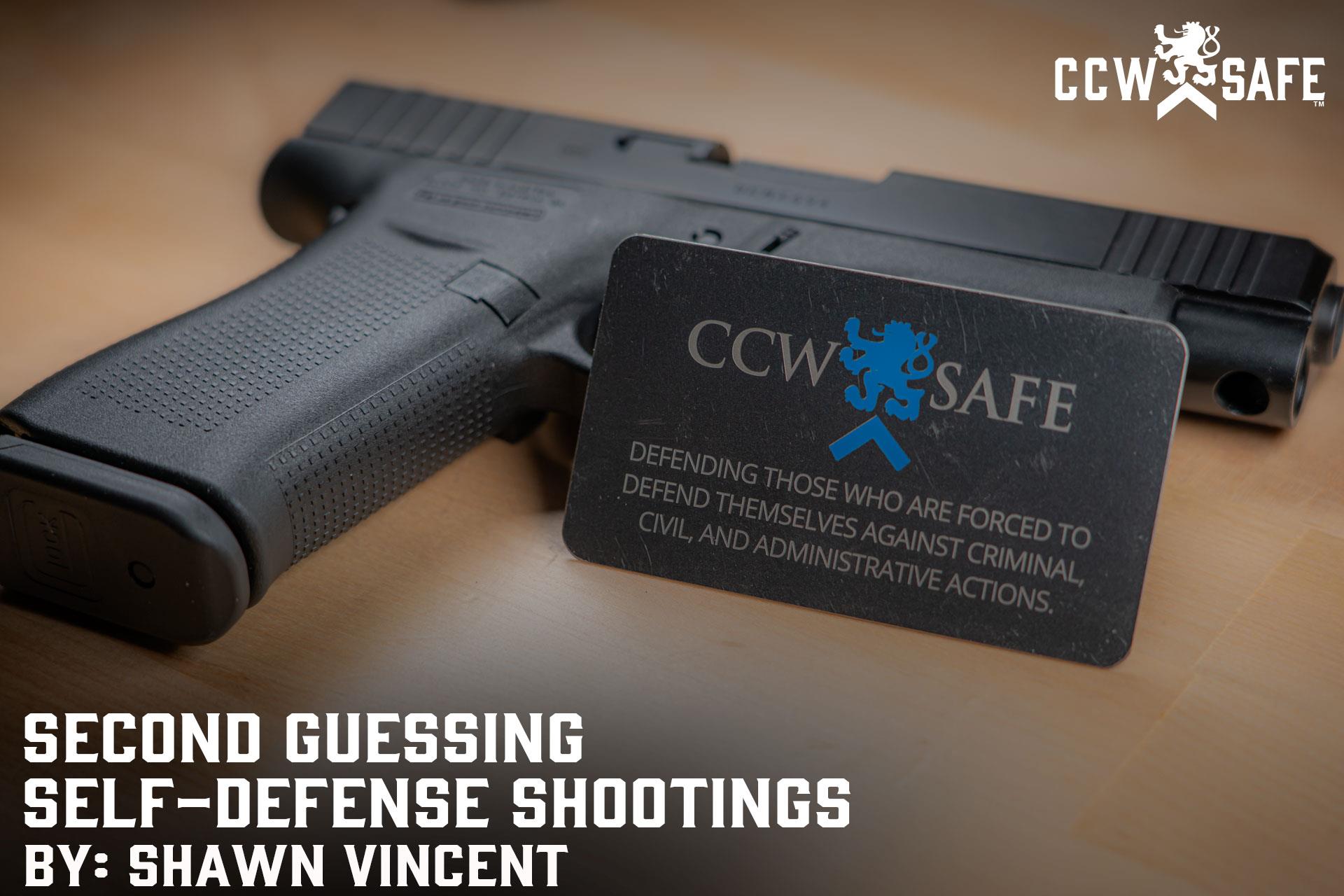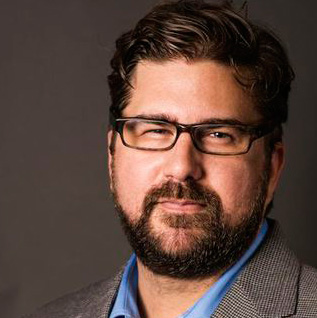
Posted on September 24, 2021
Second Guessing Self-Defense Shootings
Second Guessing Self-Defense Shootings
Life and Death Monday-morning Quarterbacking
If you happen to send CCW Safe an email in response to something you’ve either read on our website or heard on our podcast, there’s a good chance Gary Eastridge will be the first to read it. That makes sense as Gary is the Critical Response Coordinator for CCW Safe, ready at a moment’s notice to jump on a plane to meet any CCW Safe member during the aftermath of a self-defense shooting. Gary says that one of the most common responses we get to our articles and podcasts are accusations of Monday-morning quarterbacking — of second-guessing armed defenders who survived a self-defense scenario.
Gary spent a significant portion of his career investigating homicides in Oklahoma City. At different times, he investigated civilian homicides for the police department, he investigated officer-involved shootings, and he worked for the District Attorney. “It’s my belief,” Gary says, “that the criminal justice system is nothing but second-guessing. You’re taking information about events that you were not a party to and you’re judging the participant’s actions and second-guessing whether what they did was right or whether it was wrong.”
If you are ever involved in a self-defense shooting, you can be assured that one or more homicide investigators will interview witnesses, take statements, and collect evidence. All of it will be scrutinized and handed over to a prosecutor. The prosecutor will examine the evidence, and they will decide whether or not to file charges, or they may decide to assemble a grand jury to pore over the evidence and potentially issue an indictment. If charges are filed, you’ll be destined for a courtroom to sit in judgment before a jury of your peers. All of these people — investigators, prosecutors, grand jurors, and jurors — will be second-guessing your actions as an armed defender.
Don West, a veteran criminal defense attorney and National Trial Counsel for CCW Safe says the goal of our articles and podcasts is not necessarily to be critical of the armed defenders in the cases we explore but to analyze how a defender’s actions impact their self-defense claim. “Even in situations where things occurred legally, there may have been other options,” Don says. “There may have been a better way to go about things, and upon reflection, an armed defender can learn and integrate those lessons into their own self-defense strategy or tactical toolbox, and perhaps avoid a potentially deadly encounter, or prevail in a life or death scenario in a way that allows them to make a strong case that their actions were legally justified.”
“When I was on the tactical unit,” Gary says, “we did an after-action debriefing on every call out. That was second-guessing. We were saying, ‘Hey, sniper: you set up here, but if you’d set up there, it would have been better,’ or ‘Hey, we should have thrown a flashbang at this time instead of that time.’” If we draw upon the “Monday-morning quarterbacking” metaphor, then we’re watching the film of Sunday’s game. What good coach doesn’t review the film to show his players what they could have done better — even if they won the game.
Ted Wafer is currently serving 17-years in prison for shooting a teenaged girl on his front porch. It’s a safe bet that every day he second-guesses his decision to arm himself and open his front door to the unknown person pounding on his door in the middle of the night. Michael Drejka has 20 years to second-guess his decision to pick a fight over a handicapped parking spot. Every time Charles Dorsey, a justified defender, comes home and crosses the threshold where he shot and killed a confused, drunken guest of his neighbor, he has a chance to second-guess whether he made all the right decisions that fateful night — and if he doesn’t, I’ll bet his wife does.
Second-guessing the armed defenders in the real-life scenarios we explore gives us the opportunity to learn from their harrowing experiences. Based upon feedback from members, we know Ted Wafer’s case has prevented more than one home defender from opening the door to confront a potential intruder who was banging on their door late at night. Our hope is there is an untold number of other situations where the lessons we’ve learned from real-life armed defenders have helped our members avoid confrontations that may have led to bloodshed.
“We would be doing our members a disservice if we didn’t offer those suggestions to give them options, to give them more tools,” Gary says. “The more tools that you have in your toolkit, the more likelihood of success you will have.”
 |
SHAWN VINCENT- LITIGATION CONSULTANTShawn Vincent is a litigation consultant who helps select juries in self-defense cases, and he manages public interest of high-profile legal matters. If you have any questions for Shawn, or would like more articles like this, let us know belo |